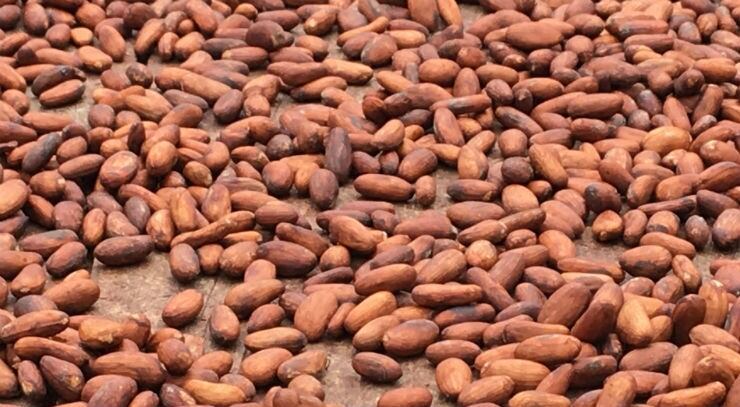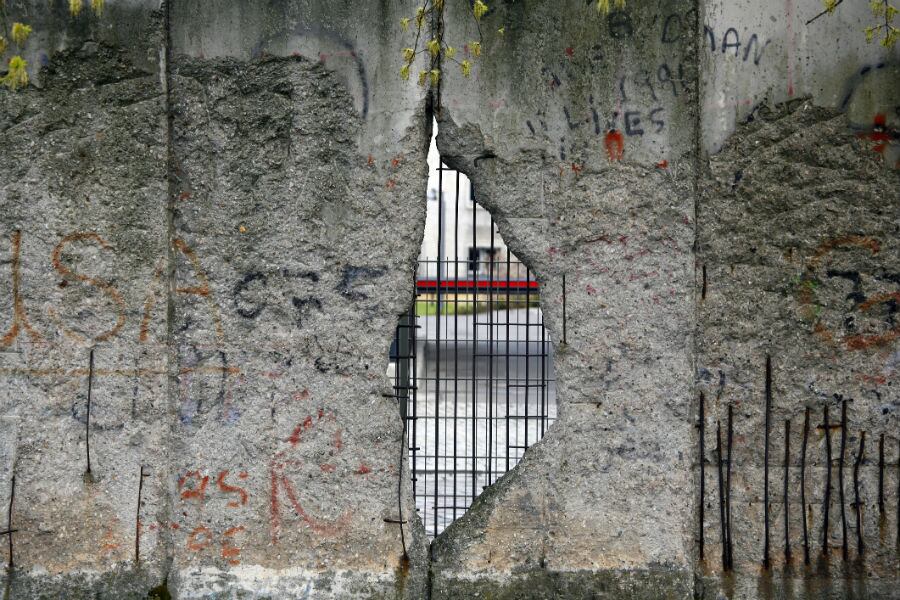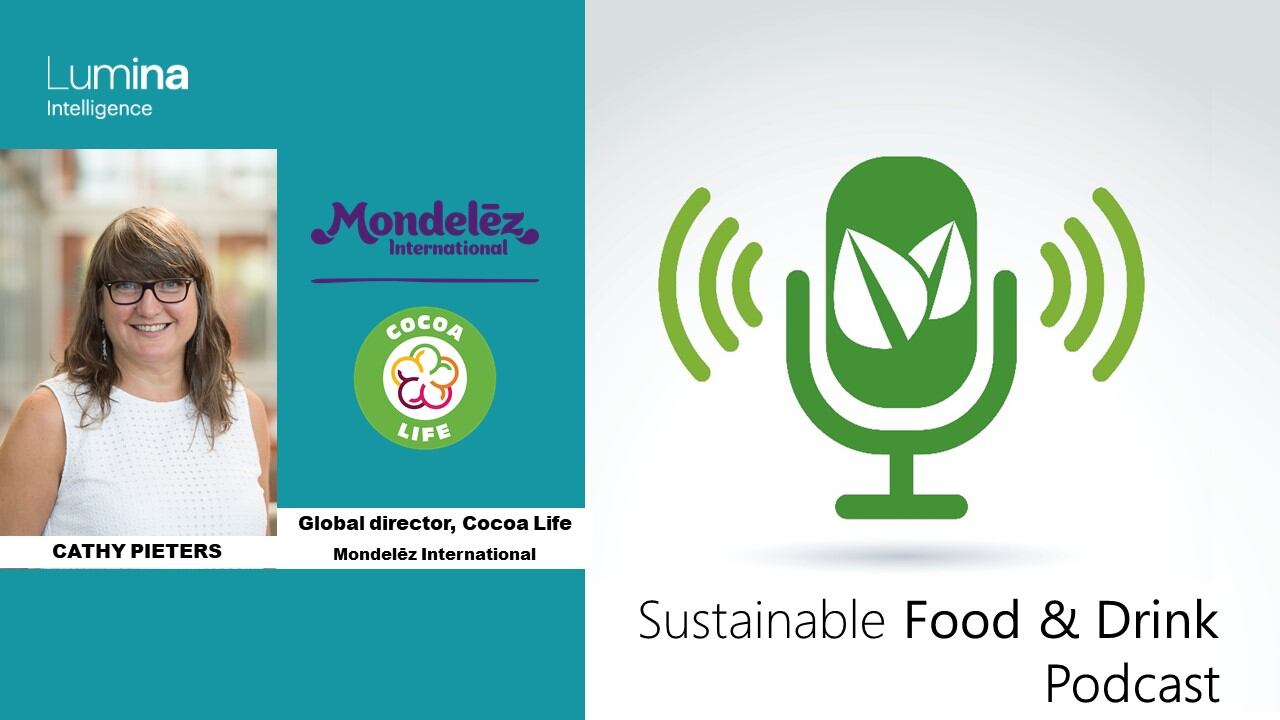Heavy rain, high humidity and a row about the slow uptake by chocolate makers to pay a living income differential (LID) for cocoa beans is threatening the marketing season in Ghana and Côte d'Ivoire, which started at the beginning of October.
The West African neighbors, which together produce more than 60% of the world’s cocoa, introduced the $400 LID in July on all cocoa sales for the 2020/21 season.
Pressure
But the two countries have reportedly become frustrated by the response so far and have threatened to suspend sustainability schemes that companies including Mars Wrigley, Mondelez, Barry Callebaut, Hershey’s and Nestlé have invested heavily in as a response to pressure from consumers for ethically sourced chocolate.
“The (chocolate) brands are focusing on their sustainability programs at the expense of the LID. The two countries (are) therefore re-examining all sustainability and certification programs for the 2019/20 season,” Côte d'Ivoire and Ghana said in a joint statement issued to the media.
According to Le Conseil du Cafe-Cacao (CCC), Côte d'Ivoire’s industry regulator, the sustainability programs only serve a small number of farmers, while the new price mechanism will benefit all growers.
“We cannot pretend that we are working with the farmers, investing in sustainability and refusing to pay the farmer, sustainability is also paying farmers and working together,” Yves Kone, CCC managing director, told local reporters.
Target price
The two countries plan to use the LID to guarantee farmers get 70% of a $2,600 a ton (Freight On Board) target price. Bloomberg reports that New York cocoa futures for delivery in December have averaged $2,373 per ton so far this year.
Meanwhile, farmers said recent downpours have made drying cocoa beans more difficult with a chance of mould, and therefore disease, if the weather in the area doesn’t improve.
Data collected by Reuters showed rainfall in Côte d'Ivoire’s capital, Yamoussoukro, was at 70.6 millimetres last week, 46.5 mm above the five-year average.



